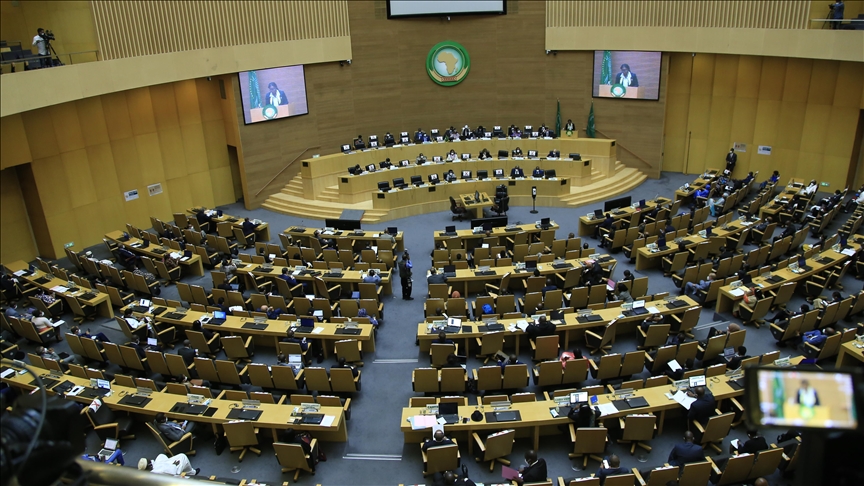African Union leaders eye stronger health emergency response systems
Top African officials vow to bolster public health emergency operation centers by 2026
 FILE PHOTO
FILE PHOTO
LUSAKA, Zambia
African leaders have pledged to establish and strengthen existing Public Health Emergency Operation Centers (PHEOCs) in 90% of African Union (AU) member states by 2026.
“This is to prepare, detect, prevent and control disease outbreaks in a timely and coordinated manner,” read a statement issued by the AU after a mid-year coordination meeting held in Zambia’s capital Lusaka ended on Sunday.
Moving the call to action for the resolution, Zambia’s President Hakainde Hichilema said there was a dire need to bolster AU member states’ capacity to fight diseases.
Africa remains vulnerable to various disease outbreaks, with cholera, polio, Ebola and COVID-19 among some of the most pressing dangers for the world’s second-most populous continent.
Hichilema, whose call was endorsed by Malawi, Egypt, Rwanda, Mozambique and other states, said PHEOCs are a vital hub for “better coordination, response and recovery” during public health emergencies.
Efforts must be “fast-tracked in the light of increased disease outbreak and disaster risks across the continent,” he stressed.
AU Commission chief Moussa Faki Mahamat said PHEOCs are a “critical tool” that enable faster data collection and help expedite response times.
Ahmed Ouma, acting director of Africa CDC, said implementation of the AU’s Agenda 2063, particularly targets in the health domain, remains a “top priority.”
He vowed that the Africa CDC will fully support the push to increase and improve PHEOCs in AU member states.
Anadolu Agency website contains only a portion of the news stories offered to subscribers in the AA News Broadcasting System (HAS), and in summarized form. Please contact us for subscription options.







